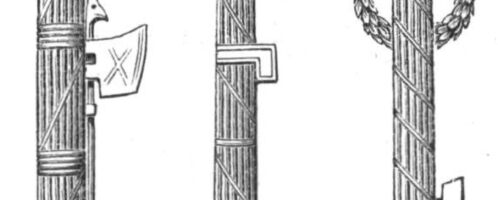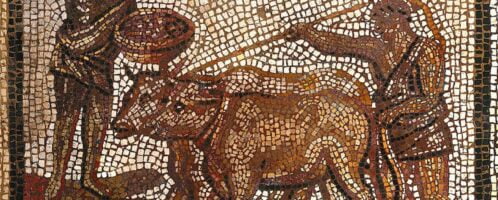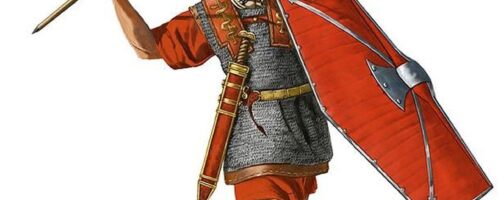Dictator and magister equitum – a unique case
In Roman Republic there could be only one dictator. But for a short time in the most turbulent period in the history of Rome a single exception took place. Commander of the cavalry appointed by Quintus Fabius Maximus gained power equal to that of the dictator.











